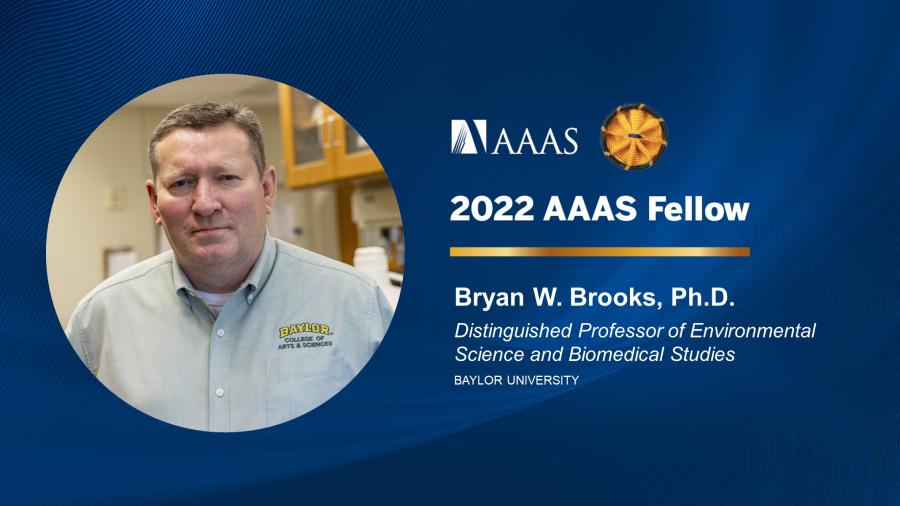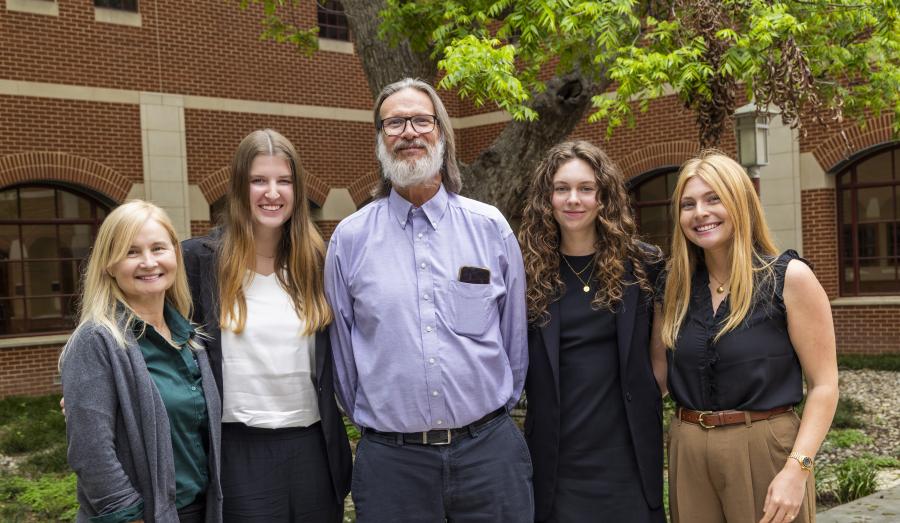
This year Environmental Science recognized Macy Williams, Amy Cox, and Ruth Deffenbaugh! Congratulations!!!

3 ENV PhD students were hooded by their advisors during the Winter 2023 Commencement.

Every year dust from the Saharan desert is transported across the Atlantic Ocean to North America. These dust events can affect air quality, climate, weather and both land and water-based ecosystems. Models suggest that the frequency and intensity of these Saharan dust events will increase in the future due to changes in land use and weather patterns. This makes it critical to identify the occurrence and understand the impact of these dust events.
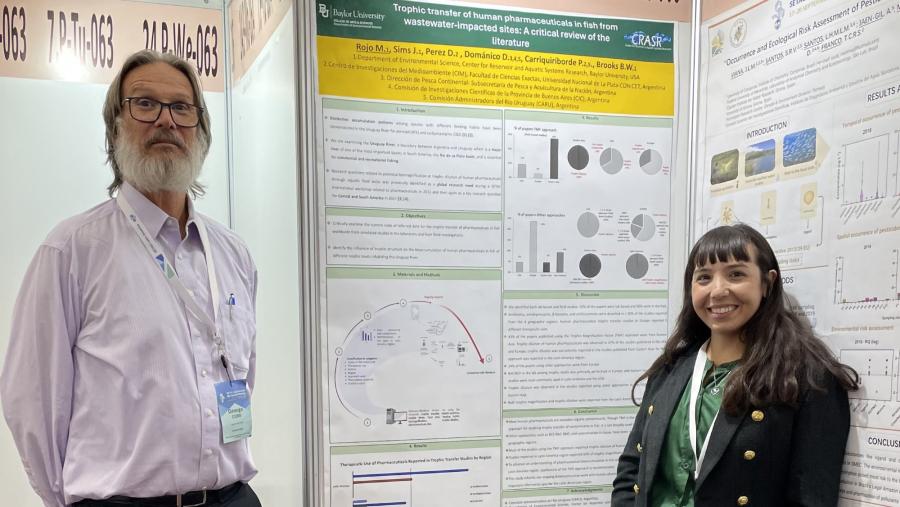
Dr. Rojo presented her work titled: Trophic transfer of human pharmaceuticals in fish from wastewater-impacted sites: a case study in the Uruguay River, South America, at the SETAC Latin-America 2023, organized in Montevideo, Uruguay.
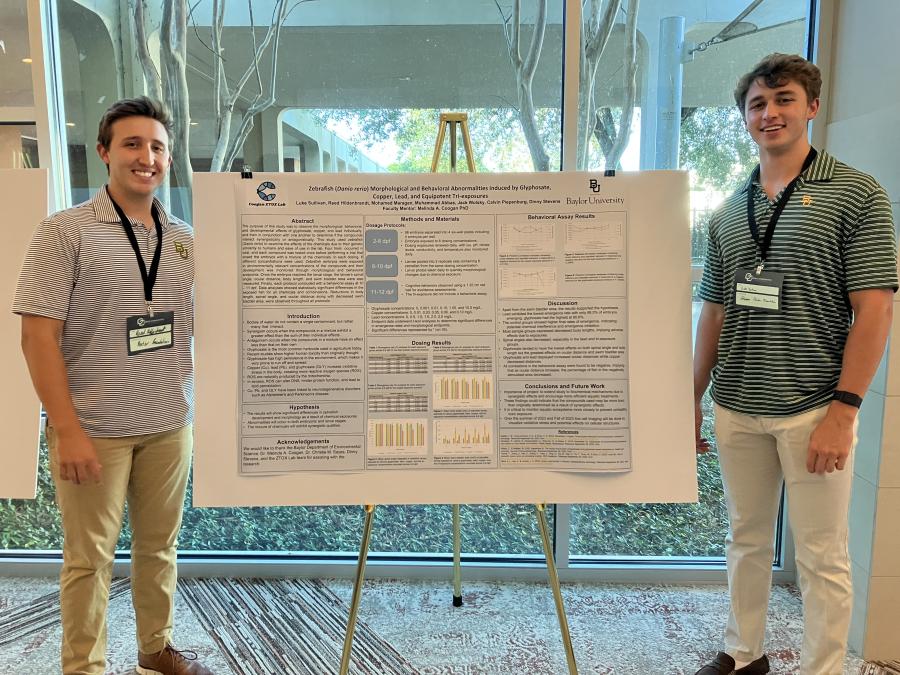
Baylor was well-represented during the 2023 Waco Green Communities Conference by Keynote Speaker and Environmental Chemist Dr. Sascha Usenko, as well as undergraduate and graduate students during the poster presentation session on September 18.

Environmental Science Ph.D. students Micah Bowman, Jordan Jatko, and Mark Lueders from Dr. Ryan McManamay’s group spent 10-weeks interning at Oak Ridge National Laboratory in East Tennessee.
Dr. George Cobb will be chairing the U.S. EPA Science Advisory Committee for Chemicals from 12-15 September 2023 for 1,4 Dioxane Risk Evaluation.

Bryan Brooks, a distinguished professor of environmental science and public health at Baylor University, and editor in chief of Environmental Science & Technology Letters, has been named Laborde Endowed Chair for Sea Grant Research and Technology Transfer at Louisiana Sea Grant (LSG).
The Robert Foster Cherry Award Committee has chosen the three finalist for the 2024 Award.
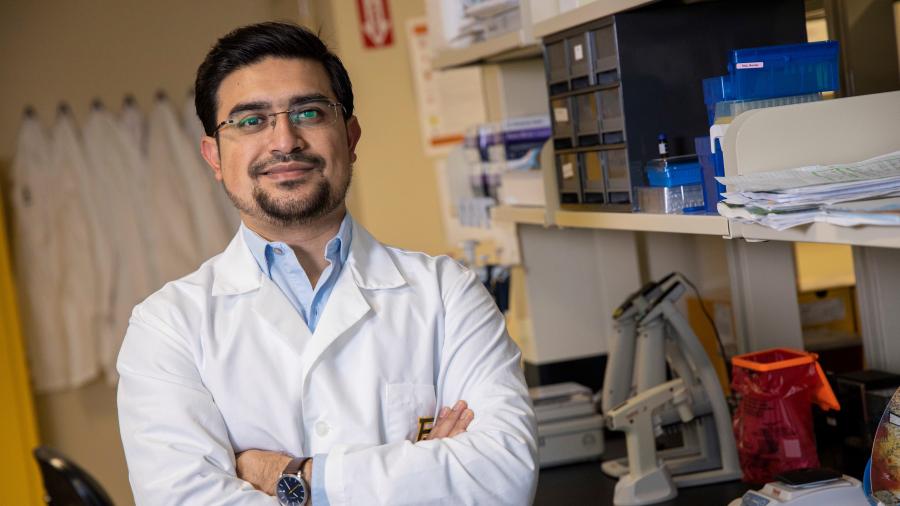
Congratulations are in order for Marco Franco! We are so pleased to share the wonderful news of Marco’s award of the Fall 2021 Baylor Graduate School Outstanding Research Award for STEM! The Graduate Deans were very impressed with the quality and quantity of his publications, presentations, and involvement in research events. Marco’s achievement will be published on the Baylor Graduate School website and a monetary gift of $400 for travel or research is also awarded to him.
We are so proud of your commitment to research, Marco. Sic’em!
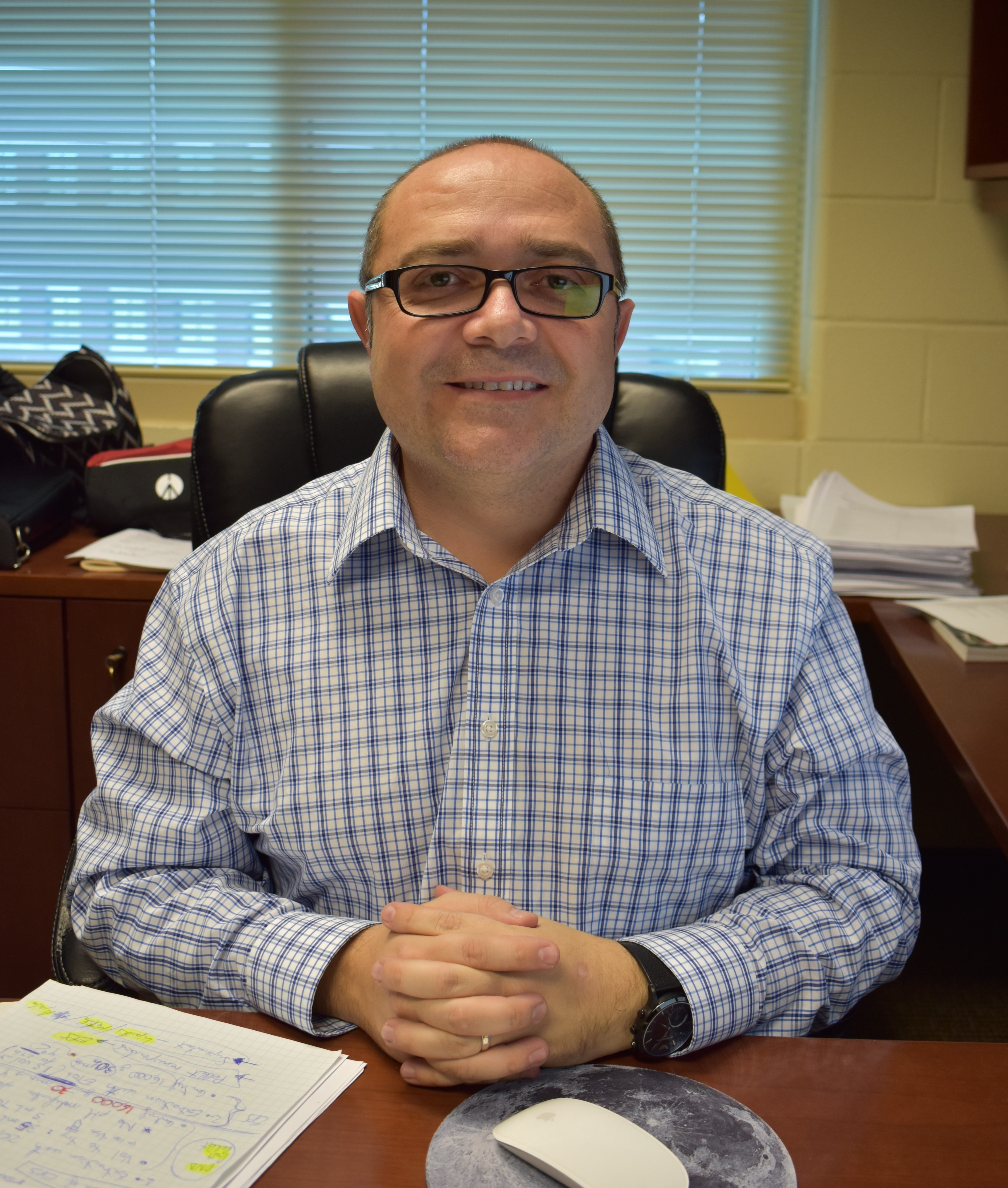
WACO, Texas (May 18, 2020) – Chemical compounds found in many consumer products could be major contributors to the onset of lipid-related diseases, such as obesity, in humans, according to a Baylor University study.

WACO, Texas (April 5, 2020) – Benjamin Ryan, Ph.D., clinical associate professor of environmental science at Baylor University, will be a keynote speaker at a global webinar presented by the United Nations Office for Disaster Risk Reduction (UNDRR) and the World Health Organization at 8 a.m. Tuesday, April 7.
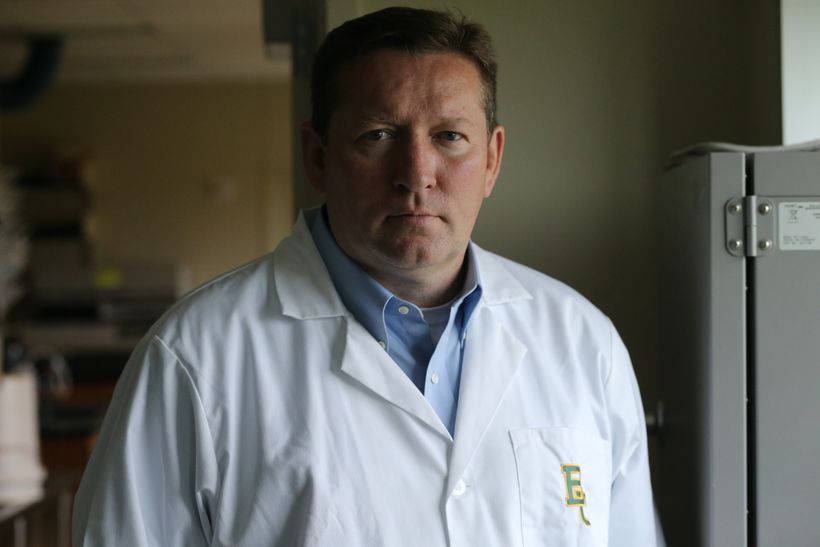
WACO, Texas (Dec. 4, 2019) — Hundreds of environmental health professionals across the nation report challenges and research needs in six areas — drinking water quality, wastewater management, healthy homes, food safety, public health pests and emerging issues such as disaster risk reduction and new facility types for body art and cannabis-infused products — in research from Baylor University and partners.
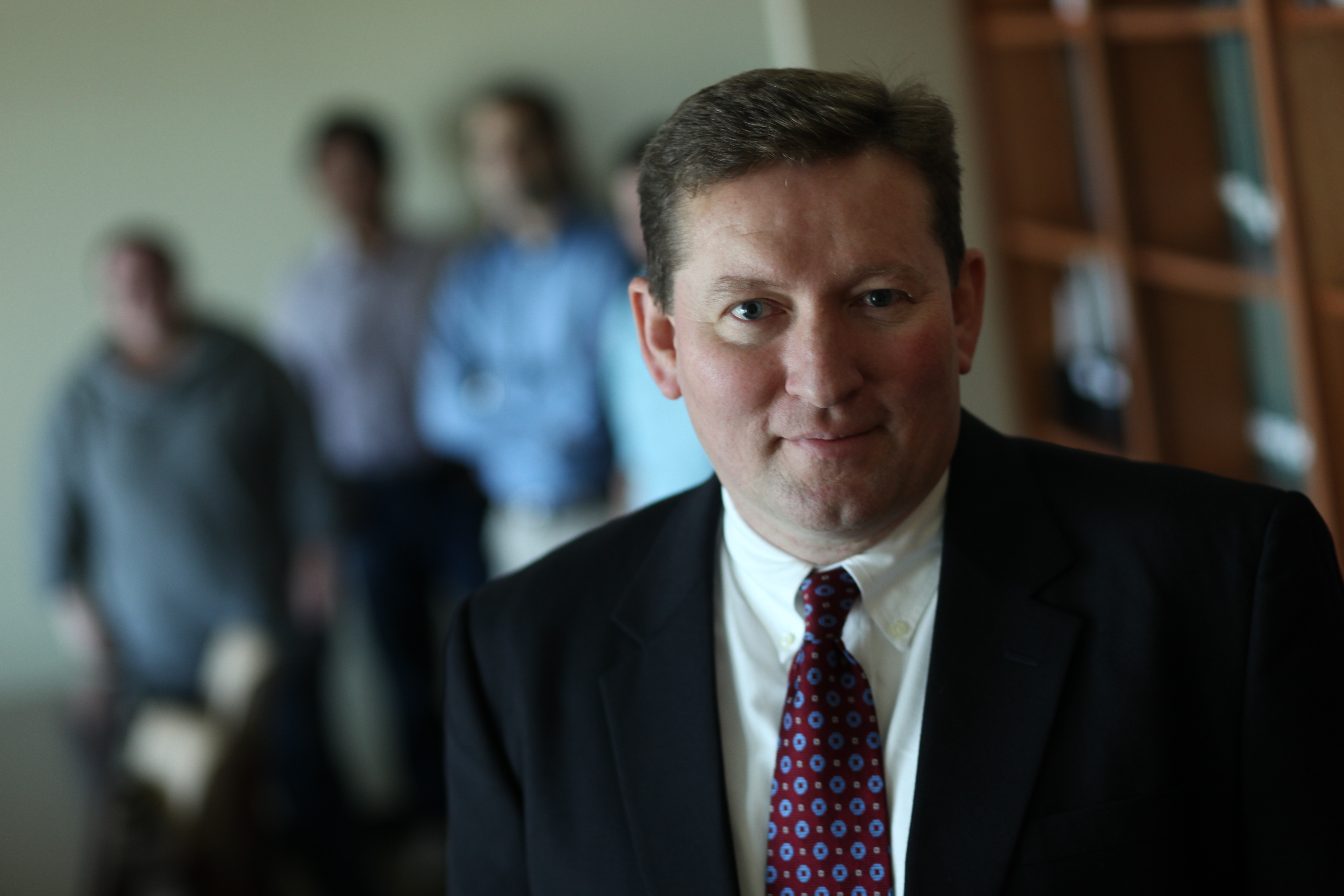
WACO, Texas (July 30, 2019) – As density in cities increase along with other global megatrends, researchers are working to address environment and health challenges in collaborative ways.
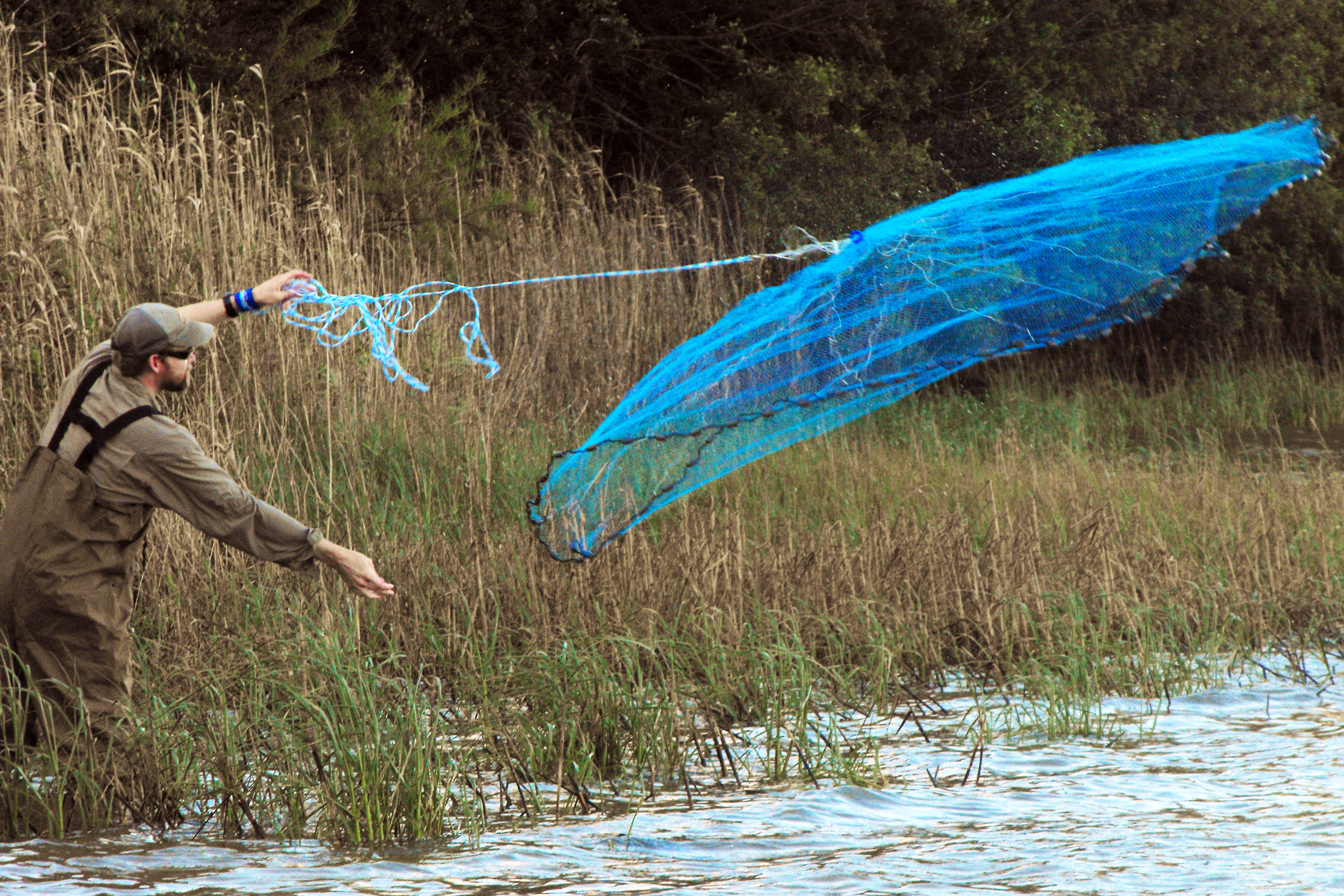
WACO, Texas (May 2, 2019) — A Baylor University study published in Science, a peer-reviewed journal of the American Association for the Advancement of Science, found that recent hybridization of the Gulf killifish — a large minnow common in the heavily polluted Houston Ship Channel — has enabled the species to adapt rapidly to extreme pollution.
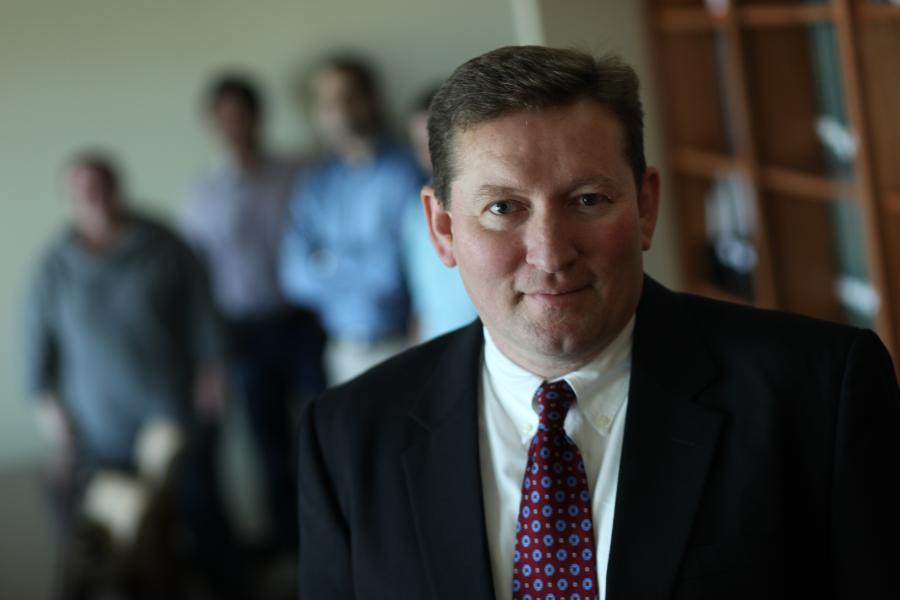
WACO, Texas (March 20, 2019) – Bryan W. Brooks, Ph.D., Distinguished Professor of Environmental Science and Biomedical Studies in Baylor’s College of Arts & Sciences, received international recognition for his contributions and scholarly research on environmental sustainability.
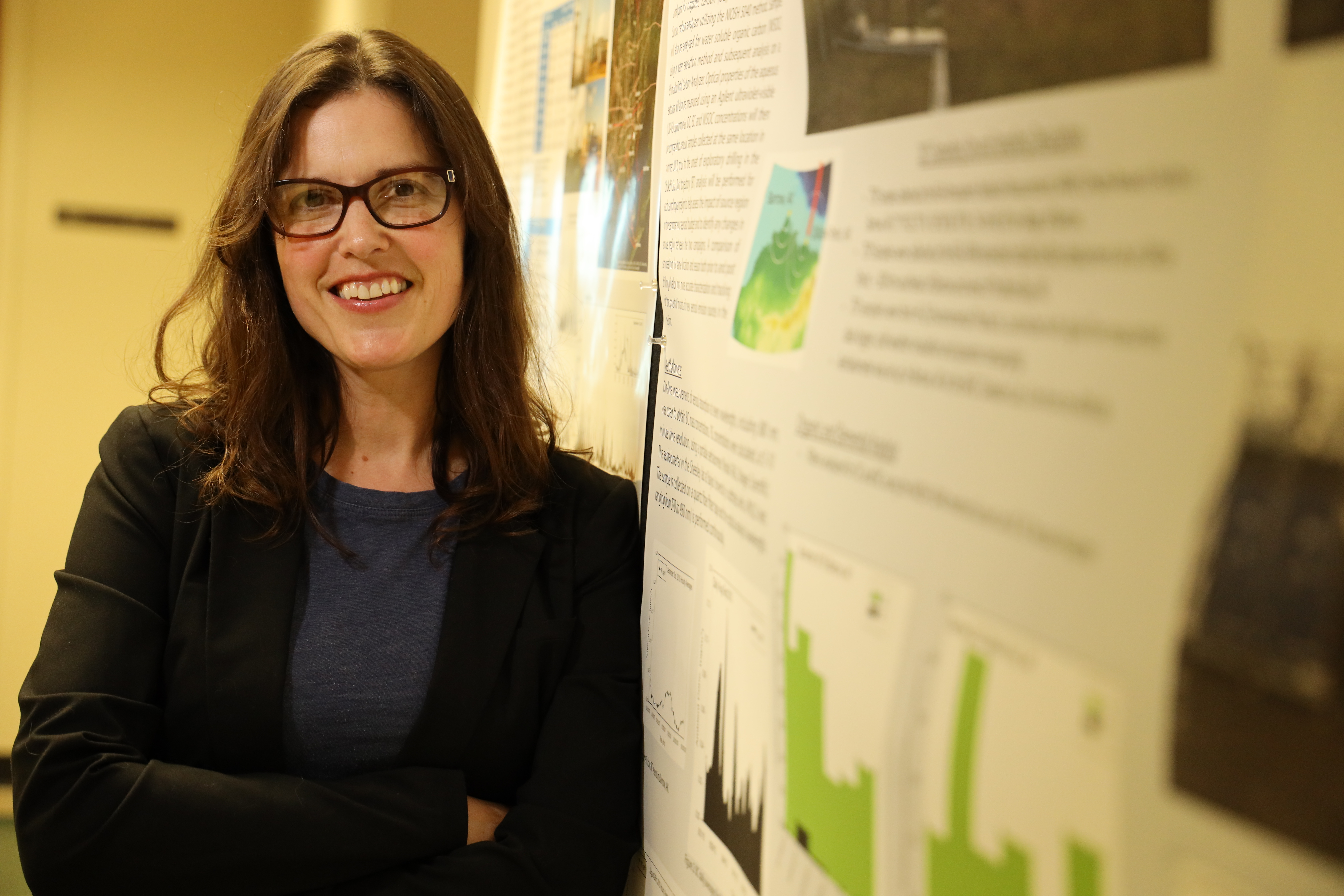
WACO, Texas (Feb. 19, 2019) — Fossil fuel combustion is the main contributor to black carbon collected at five sites around the Arctic, which has implications for global warming, according to a study by an international group of scientists that included a team from Baylor University.
